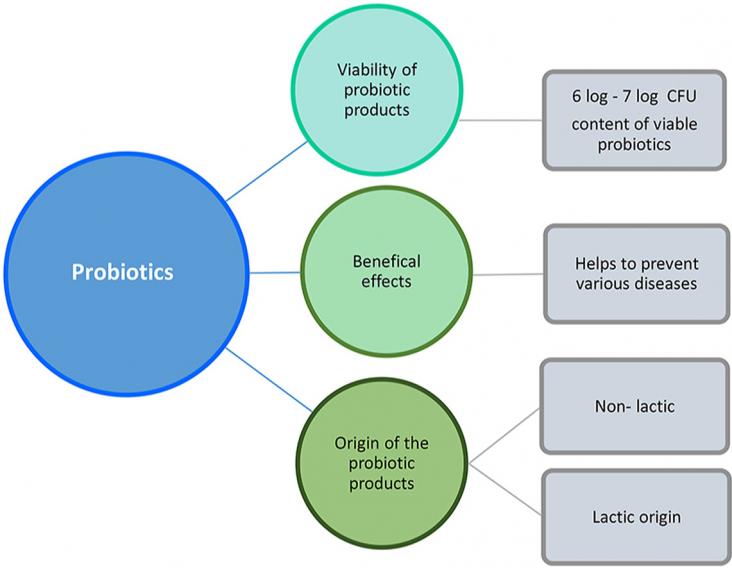Gregory Lazarev, Chapter 8 - Pastoralism as a response to climate change and water security in Mediterranean mountains and forests, Editor(s): Nadia El-Hage Scialabba, Managing Healthy Livestock Production and Consumption, Academic Press, 2022, Pages 123-127,

Foods with probiotics are in high demand by consumers given their associated health properties that make them the most popular functional foods.
Healthcare Strategies and Planning for Social Inclusion and Development, Volume 1: Health for All - Challenges and Opportunities in Healthcare Management, 2022, Pages 57-84
